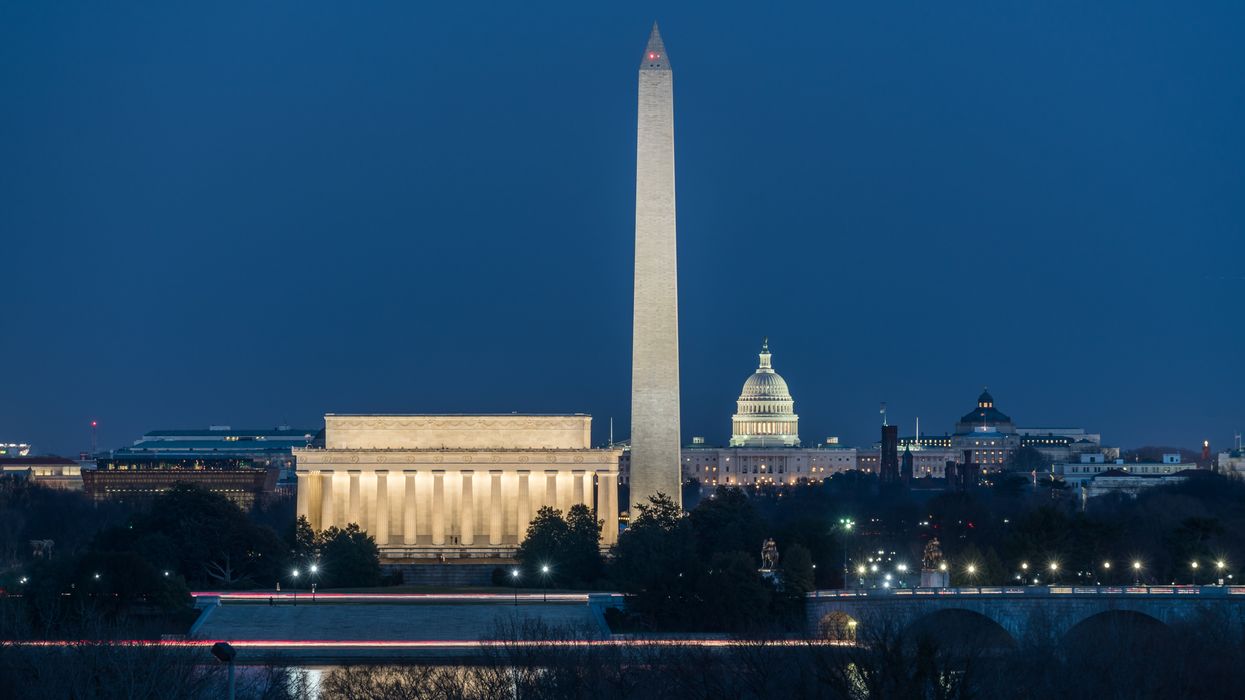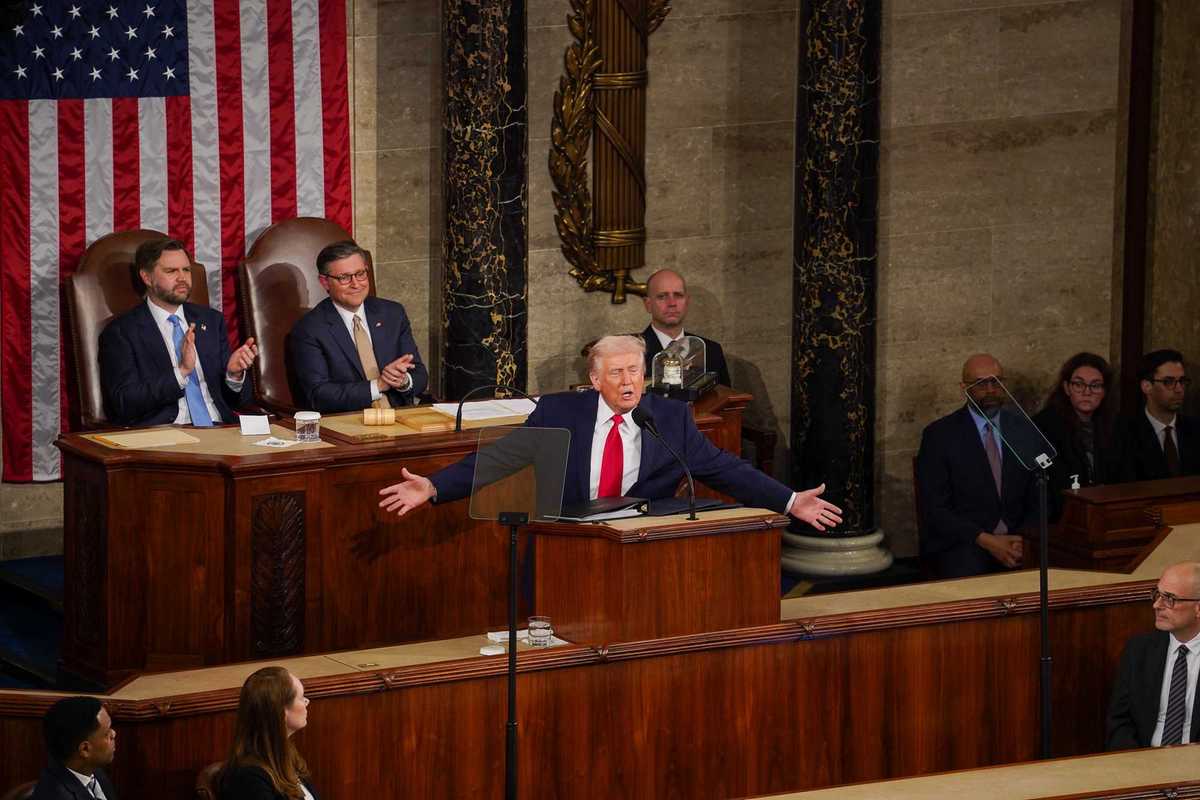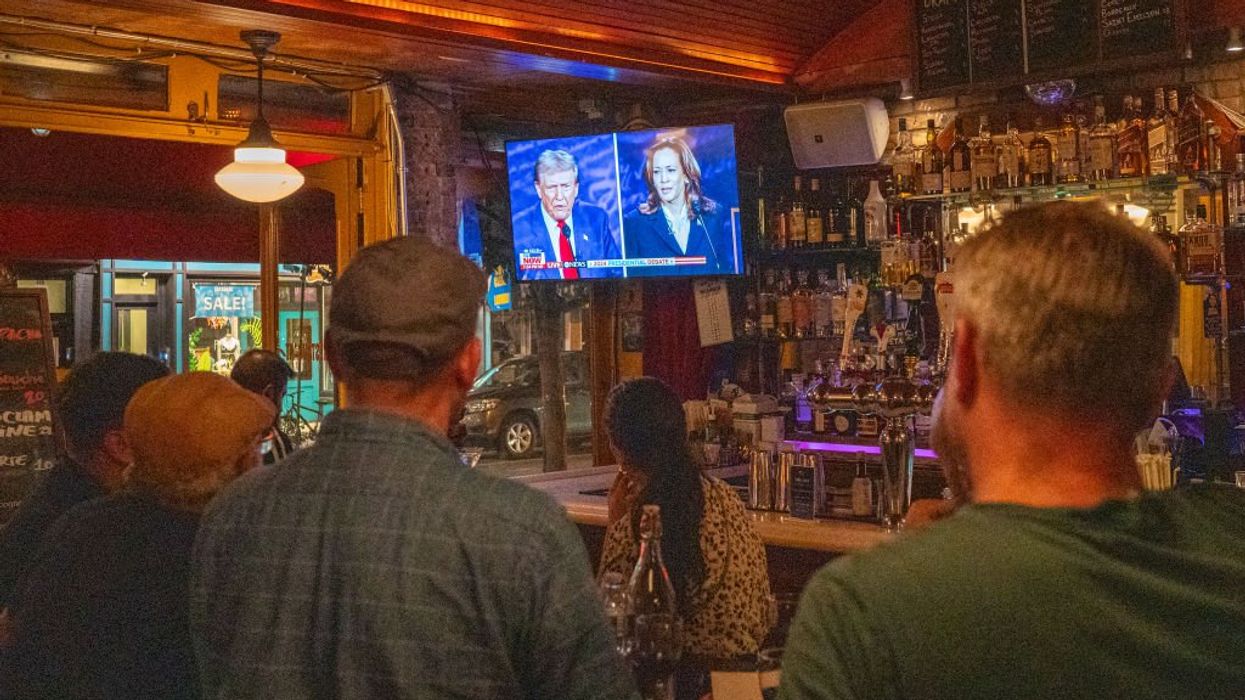| The Crisis in Our Capital Washington, D.C. is at the center of American democracy. Yet today, its residents — taxpayers, veterans, workers, families, people like you an I, American citizens — are being stripped of their right to self-government. The recent surge of out-of-state National Guard troops into the District under federal order has highlighted a deep flaw in our system: D.C. does not have the same authority to govern itself that the 50 states enjoy.Keith We are told this militarization is about “public safety,” but violent crime in D.C. is near a 30-year low . What we are witnessing is not a crime-fighting measure, but an unprecedented encroachment on local authority. The consent of the people — the foundation of democracy — is being sidelined to pursue a political or even personal agenda. The Ethical and Constitutional Problem Legally, a president can request National Guard support through interstate compacts. But legality is not the same as legitimacy. True democracy requires consent, not unilateral fiat. Under the Home Rule Act, federal control over D.C. is only supposed to last 30 days in emergencies. Yet the use of state-based National Guard units circumvents this safeguard and seems to demonstrate a hidden agenda. This is a loophole — one that undermines D.C.’s right to self-governance and sets a dangerous precedent for federal overreach. An Urgent Legislative Answer It is not enough to critique the abuse of power — we must fix it. That is why I have drafted the D.C. Defense of Self-Government Act, which closes this loophole and restores constitutional balance. The draft bill is now available for public review on my congressional campaign website: Read the D.C. Defense of Self-Government Act here This legislation would require explicit, expedited approval from Congress before federal or state National Guard troops can be deployed into the District. It ensures no president — Republican. Democrat or Independent — can bypass the will of the people of Washington, D.C. This moment also reminds us of a deeper injustice that has lingered for generations: the people of Washington, D.C., remain without full representation in Congress. Over 700,000 Americans—more than the populations of several states—are denied a voting voice in the very body that holds sway over their lives. This lack of representation makes it easier for their self-government to be undermined, as we see today. That must change. We will need to revisit serious legislation to finally fix this injustice and secure for D.C. residents the same democratic rights every other American enjoys. The Bigger Picture This fight is not about partisan politics. It is about whether America will live up to its founding ideals of self-rule and accountability. Every voter, regardless of party, should ask: if the capital of our democracy can be militarized without the consent of the people, what stops it from happening in other cities across America? A Call to Action When I ran for president, my wife told me I was going to make history. I told her making history didn’t matter to me — what mattered to me then and what matters to me now is making a difference. I'm not in office yet so I have no legal authority to act. But, I am still a citizen of the United States, a veteran of the United States Air Force, someone who has taken the oath of office, many times since 1973. That oath has no expiration date. Today, that difference is about ensuring the residents of D.C. — and every American city — are protected from unchecked federal overreach. I urge every reader to share this bill with your representatives. Demand that Congress act now. We can’t wait until the mid-terms. Demand that they defend democracy where it matters most — in the heart of our capital — because FBI and DEA agents patrolling the streets of our nation's capital does not demonstrate democracy. Quite the contrary, it clearly demonstrates autocracy. Davenport is a candidate for U.S. Congress, NC-06. |
Defending Democracy in the Heart of Democracy - Washington, D.C.
Opinion

A country in crisis needs to call a truce with its government
Michael Lee/Getty Images



















